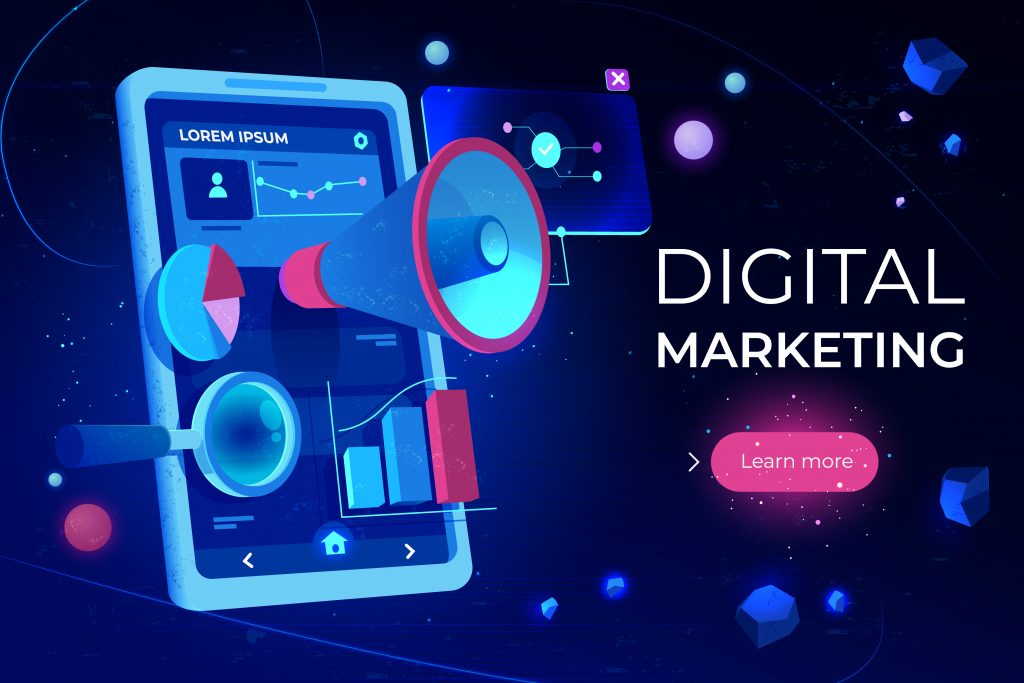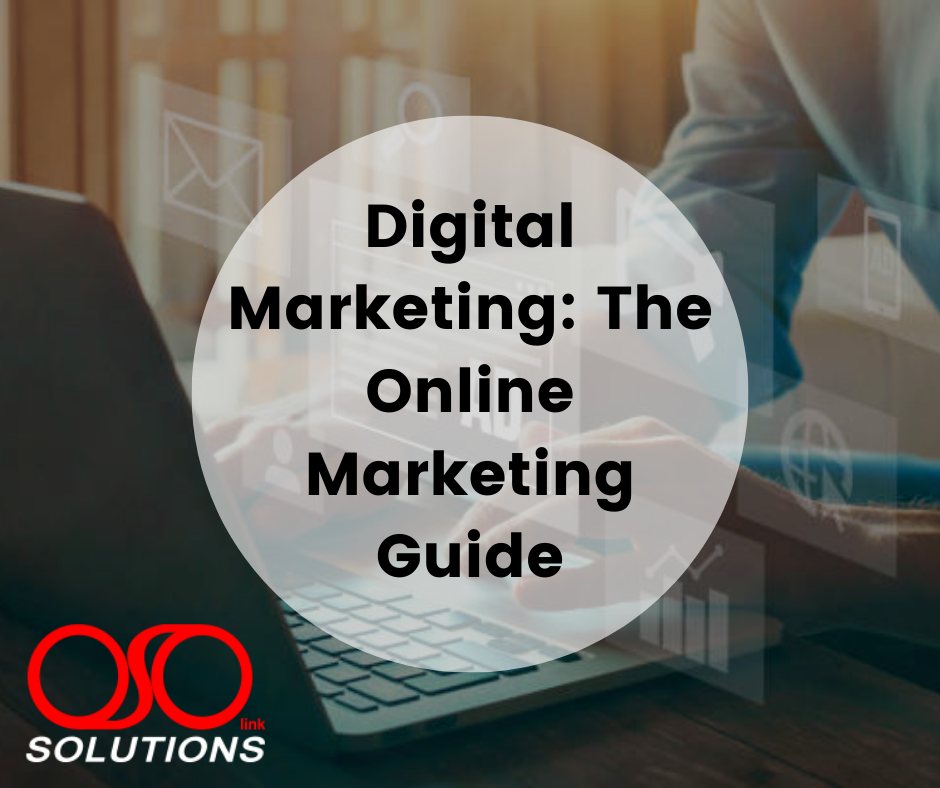Digital Marketing, you may have heard of this along with various other hype words in seminars and other marketing-related events.
Companies have swarmed the internet in recent years to take advantage of this, a strategy known as Digital Marketing.
As much as you may not want to believe them, people overhyping the effectiveness of Digital Marketing are often right. So if you have been somewhat hesitant in using Digital Marketing — it can be overwhelming. This post will help you slide right into the scene.
With how accessible the internet is today, would you believe me if I told you the number of people who go online every day is still increasing? It is. In fact, “constant” internet usage among adults increased by 5% in just the last three years, according to Pew Research. And although we say it a lot, the way people shop and buy really has changed along with it — meaning offline marketing isn’t as effective as it used to be.
What is Digital Marketing?
Digital marketing, also called online marketing, refers to all marketing efforts that occur on the internet. Businesses leverage digital channels such as; search engines, social media, email, and other websites to connect with current and prospective customers. This also includes communication through text or multimedia messages.
A seasoned inbound marketer might say inbound marketing and digital marketings are virtually the same thing; but there are some minor differences.

How Does a Business Define Digital Marketing?
At this stage, digital marketings is vital for your business and brand awareness. It seems like every other brand has a website. And if they don’t, they at least have a social media presence or digital ad strategy.
Digital content and marketings is so common that consumers now expect and rely on it as a way to learn about brands. Because digital marketings has so many options and strategies associated with it; you can get creative and experiment with a variety of marketing tactics on a budget.
Digital marketing is defined by the use of numerous digital tactics and channels to connect with customers where they spend much of their time: online. Moreover, the best digital marketers have a clear picture of how each digital marketings campaign supports their overarching goals. And depending on the goals of their marketing strategy, marketers can support a larger campaign through the free and paid channels at their disposal.
Why is Digital Marketing Important?
Digital marketing helps you reach a larger audience than you could through traditional methods, and target the prospects who are most likely to buy your product or service. Additionally, it’s often more cost-effective than traditional advertising, and enables you to measure success on a daily basis and pivot as you see fit.
There are a Few Major Benefits of Digital Marketing:
- You can focus your efforts on only the prospects most likely to purchase your product or service.
- Digital marketing is measurable.
- It’s more cost-effective than outbound marketing methods.
- Digital marketing evens the playing field within your industry and allows you to compete with bigger brands.
- It’s easier to adapt and change a digital marketings strategy.
- Digital marketing can improve your conversion rate and the quality of your leads.
- You can engage audiences at every stage with digital marketings.
Types of Digital Marketing
- Search Engine Optimization (SEO)
- Content Marketing
- Social Media Marketing
- Pay Per Click (PPC)
- Affiliate Marketing
- Native Advertising
- Marketing Automation
- Email Marketing
- Online PR
- Inbound Marketing
- Sponsored Content
- Search Engine Marketing (SEM)
- Instant Messaging Marketing
Does This Work For All Businesses?
Digital marketing can work for any business in any industry. Regardless of what your company sells, digital marketings still involves building out buyer personas to identify your audience’s needs, and creating valuable online content. However, that’s not to say all businesses should implement a digital marketings strategy in the same way.
1. Business-to-Business (B2B)
If your company is business-to-business (B2B), your digital marketings efforts are likely to be centered around online lead generation, with the end goal being for someone to speak to a salesperson. For that reason, the role of your marketing strategy is to attract and convert the highest quality leads for your salespeople via your website and supporting digital channels.
Furthermore, beyond your website, you’ll probably choose to focus your efforts on business-focused channels like LinkedIn where your demographic is spending their time online.
2. Business-to-Consumer (B2C)
If your company is business-to-consumer (B2C), depending on the price point of your products, it’s likely that the goal of your digital marketings efforts is to attract people to your website and have them become customers without ever needing to speak to a salesperson.
For that reason, you’re probably less likely to focus on ‘leads’ in their traditional sense, and more likely to focus on building an accelerated buyer’s journey, from the moment someone lands on your website, to the moment that they make a purchase. This will often mean your product features in your content higher up in the marketing funnel than it might for a B2B business, and you might need to use stronger calls-to-action (CTAs).
For B2C companies, channels like Instagram and Pinterest can often be more valuable than business-focused platforms like LinkedIn.
How to Do Digital Marketing
- Define your goals.
- Identify your target audience.
- Establish a budget for each digital channel.
- Strike a good balance between paid and free digital strategies.
- Create engaging content.
- Optimize your digital assets for mobile.
- Conduct keyword research.
- Iterate based on the analytics you measure.
Integrate Digital Marketing Into Your Strategy
Any opportunity where you can connect to your audience is an opportunity to convert a lead or acquire a customer. Digital marketing creates so many more of those opportunities by allowing you to reach prospective buyers through a wide variety of channels. Whether it’s social media platforms, websites, text messages, or any online medium, it’s an invaluable way to promote your business, service, or product.

Read more Blogs
Learn more about us. Feel free to contact us.


